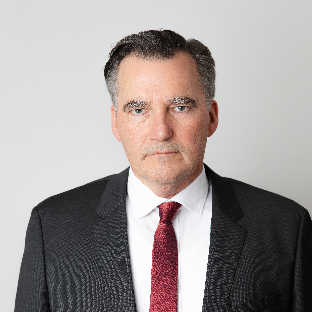Multicultural members and allies of the LGBTIQA+ community will have better support navigating conversations around sexual orientation and gender identity thanks to the creation of an online resource available in seven languages.
Created by RMIT University researchers in partnership with the Australian GLBTIQ Multicultural Council (AGMC), this pioneering multilingual terminology resource contains hundreds of LGBTIQA+ terms from English to Arabic, Chinese (Simplified), Chinese (Traditional), Korean, Spanish, Thai and Vietnamese.
Project lead and RMIT Senior Lecturer in Translating and Interpreting, Dr Miranda Lai, said the terminology resource addresses language barriers around self-expression and communication which can negatively impact an individual’s sense of belonging and social participation.
“There are very few bilingual resources available to help articulate sexual orientation and gender identity – and there are even fewer multilingual resources,” said Lai.
“The LGBTIQA+ Multilingual Terminology will help translators, interpreters, LGBTIQA+ community members and allies find the words to authentically represent identity in their own language.”
The two-year project first seeded in 2021 when the team received feedback from translators and interpreters who were finding it difficult to convey LGBTIQA+ terms and expressions from English into their own languages in their work.
“Translating and interpreting practitioners who are unfamiliar with the LGBTIQA+ lexicon find the topic challenging to convey and have limited people they can consult regarding LGBTIQA+ concepts,” said Lai.
Guided by the insights of the LGBTIQA+ community members, the project team transformed the original English terms into multilingual glossaries which are free for the public to access.
“Our project team ran a series of language-specific workshops where community participants worked out the best way to convey challenging terms and expressions in their own languages,” said Lai.
Ryan Tran, one of the workshop participants of the project, said he often struggles to find equivalent LGBTIQA+ terms in Vietnamese and must use English instead.
“Having to only use English terms to define who I am makes me question my own identity. I shouldn’t have to borrow foreign terms to talk about myself and my experiences,” Tran said.
“Being involved in the project has allowed me to reflect on my own language use and gain a deeper understanding of LGBTIQA+ terms.
“It’s easier for me now to use LGBTIQA+ terms and expressions in my own language, authentically,” said Tran.
In addition to the glossaries, the website lists NAATI-certified linguists, who have undertaken LGBTIQA+ terminology training and are committed to using inclusive language and practices.
“This terminology resource is a valuable tool for education, advocacy, and empowerment,” said Tran.
“I hope it becomes a standard resource for everyone to help articulate the diversity of the LGBTIQA+ community.”
The Australian GLBTIQ Multicultural Council (AGMC) is Australia’s peak body for LGBTIQA+ people of multicultural and multi-faith backgrounds.
To explore the terminology guide and translator resource visit www.rainbowterminology.org.








